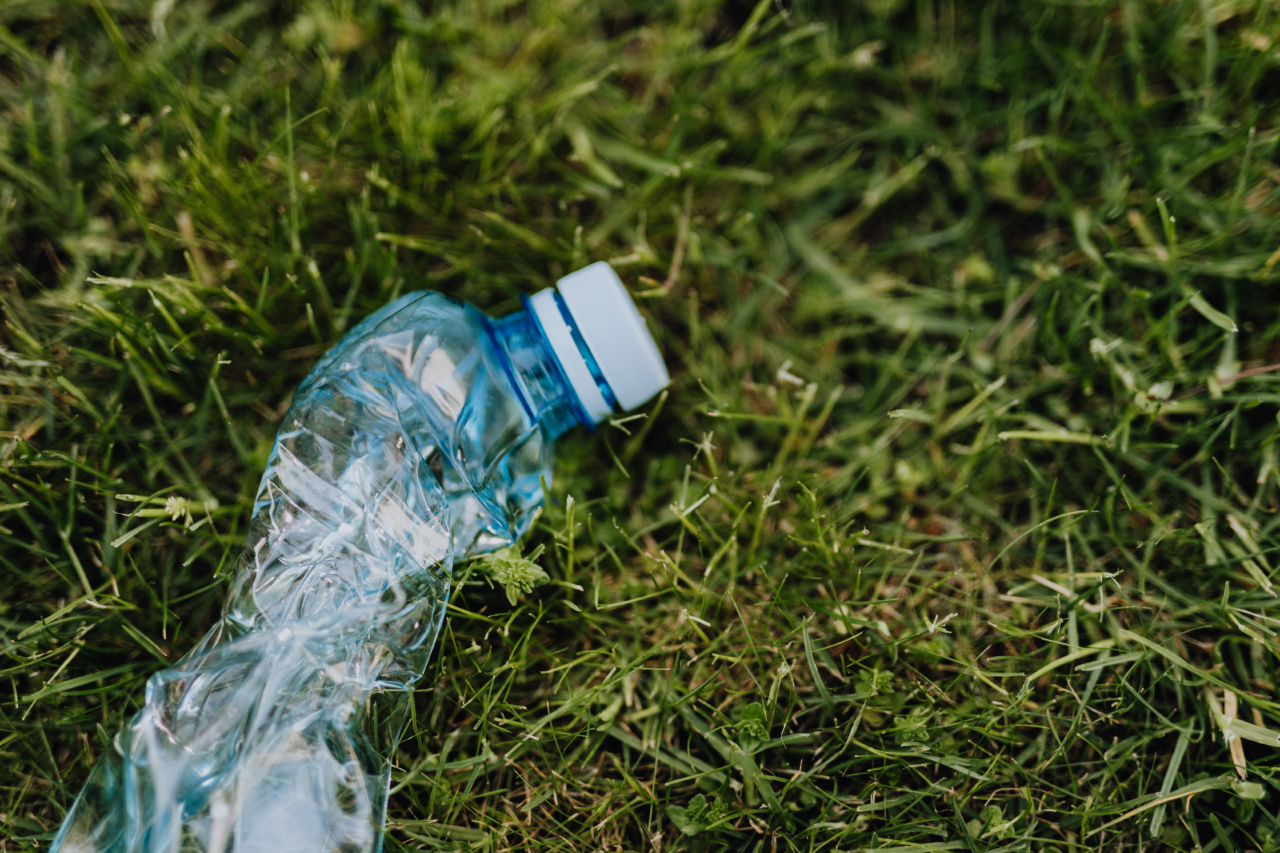Plastics have become an integral part of modern life, with their versatile applications in various industries. However, the widespread use and disposal of plastic products have raised concerns about their impact on human health.
One particular area of concern is the potential harm to developing fetuses due to plastic exposure. This article delves into the extensive research surrounding this topic, exploring the various ways plastic exposure can affect the health and development of unborn babies.
Plastic Contamination and Exposure
Plastic contamination is a global issue, with microplastics and plastic additives found in food, water, and even the air we breathe. The primary sources of exposure to plastics during pregnancy include ingestion, inhalation, and dermal contact.
Pregnant women may unknowingly consume plastic particles present in food and beverages packaged in plastic containers, or even from seafood contaminated by plastic waste in the oceans. Additionally, exposure can occur through the release of toxic chemicals from plastic products during use or disposal.
Impact on Hormonal Balance
One of the significant concerns related to plastic exposure is its potential to disrupt the delicate hormonal balance critical for fetal development. Many plastics contain endocrine-disrupting chemicals (EDCs) such as phthalates and bisphenol A (BPA).
These substances can mimic or interfere with natural hormones, leading to adverse effects on the reproductive system. Studies in animals and humans have linked EDC exposure during pregnancy to developmental abnormalities, impaired fertility, and even an increased risk of certain cancers in offspring.
Neurological Development and Behavioral Effects
Research suggests that prenatal exposure to plastics and their additives may also have detrimental effects on the developing brain and subsequent behavior of children.
Studies in lab animals have shown that exposure to certain phthalates and BPA during critical periods of brain development can lead to lasting alterations in brain structure and function. Human studies have reported associations between prenatal plastic exposure and increased risk of neurodevelopmental disorders, such as attention-deficit/hyperactivity disorder (ADHD) and autism spectrum disorders (ASD).
Immune System Disruptions
The developing immune system is particularly vulnerable to the effects of plastic exposure.
It has been observed that certain plastic additives, including phthalates, can modulate immune responses and increase the risk of allergies and asthma in children. Animal studies have demonstrated that prenatal exposure to plastic compounds can lead to immune system dysfunction and altered immune responses. Furthermore, some studies suggest that plastic particles themselves can stimulate immune reactions.
Reproductive System Effects
Plastic exposure during pregnancy has been associated with various adverse effects on the reproductive system of both male and female offspring.
Studies have highlighted the potential for plastics and EDCs to disrupt genital development, impair fertility, and affect hormone production in the offspring. Animal studies have shown that prenatal plastic exposure can lead to abnormalities in reproductive organs, reduced sperm quality, and altered hormone levels.
Such effects raise concerns about the long-term reproductive health of individuals exposed to plastics during fetal development.
Developmental and Growth Impairments
Several studies have indicated that plastic exposure during pregnancy may contribute to developmental and growth impairments in children.
Research has linked prenatal plastic exposure to a higher risk of low birth weight, small-for-gestational-age infants, and reduced cognitive development. Plastic additives, especially BPA, have been associated with impaired fetal growth and altered metabolic programming, potentially increasing the risk of obesity and metabolic disorders later in life.
The mechanisms behind these associations are complex and involve multiple pathways.
Risk Mitigation
Reducing plastic exposure during pregnancy requires a multi-faceted approach involving both individual actions and broader societal changes.
Pregnant women can take steps to minimize plastic exposure by avoiding packaged and processed foods, using glass or stainless-steel containers, and opting for natural and organic products whenever possible.
Governments and regulatory bodies need to implement stricter regulations regarding the use and disposal of plastics, incentivize the development of safe alternatives, and invest in research to better understand the long-term effects of plastic exposure on developing fetuses.
Conclusion
Plastic exposure during pregnancy poses a significant risk to developing fetuses, with potential effects on hormonal balance, brain development, immune function, and reproductive health.
The extensive research available highlights the urgency of addressing this issue and implementing measures to mitigate plastic exposure. By taking collective action, we can strive towards a safer and healthier environment for future generations.































